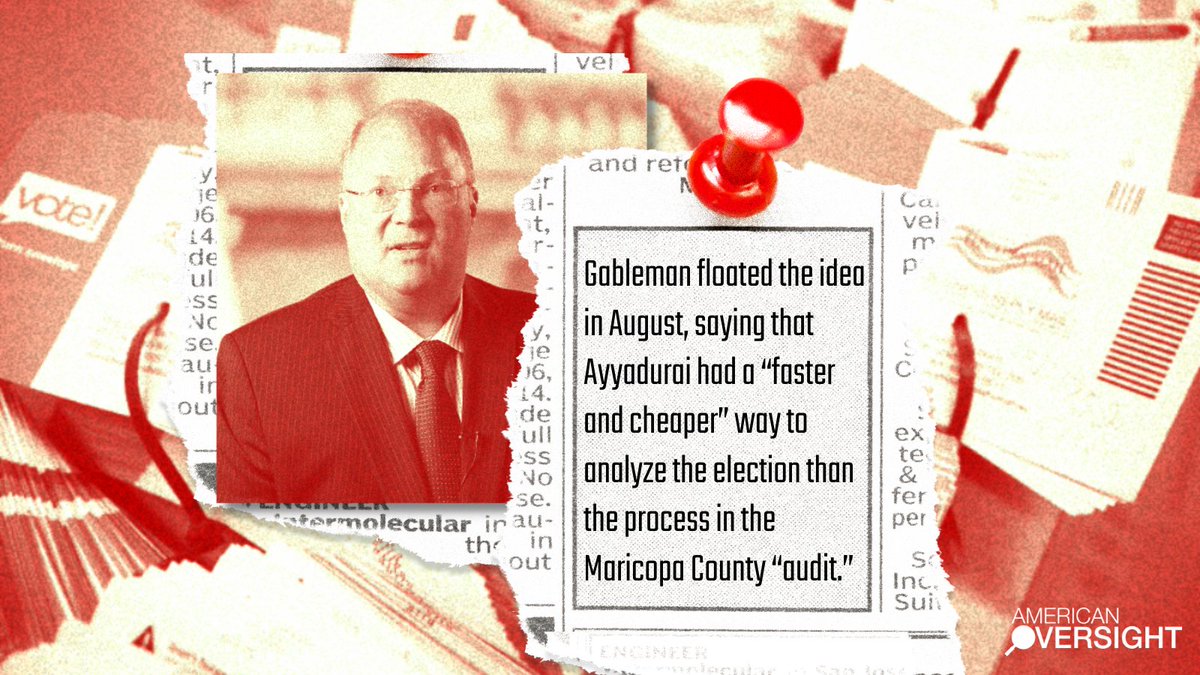
On Nov. 19 2020, Texas Gov. Abbott asked then-President Trump for continued funding and authority for Covid-19 support from the Texas National Guard, a letter we obtained shows.
The same day, Abbott refused to impose new business restrictions as cases soared.
The same day, Abbott refused to impose new business restrictions as cases soared.

In the Nov. 19 letter, Gov. Abbott acknowledged that Covid-19 cases were surging across his state.
He wrote that the National Guard extension was “critical to ensuring the safety and health of our citizens as Texas aggressively responds to this surge in Covid-19 cases.”
americanoversight.org/document/texas…
americanoversight.org/document/texas…
Despite this acknowledgement, Abbott said at a news conference that same day, "It is important for everybody in the state to know that statewide we’re not gonna have another shutdown."
texastribune.org/2020/11/19/tex…
texastribune.org/2020/11/19/tex…
We’re been investigating the response to the ongoing Covid-19 pandemic. Learn more about what we’ve uncovered here:
americanoversight.org/areas_of_inves…
americanoversight.org/areas_of_inves…
• • •
Missing some Tweet in this thread? You can try to
force a refresh









